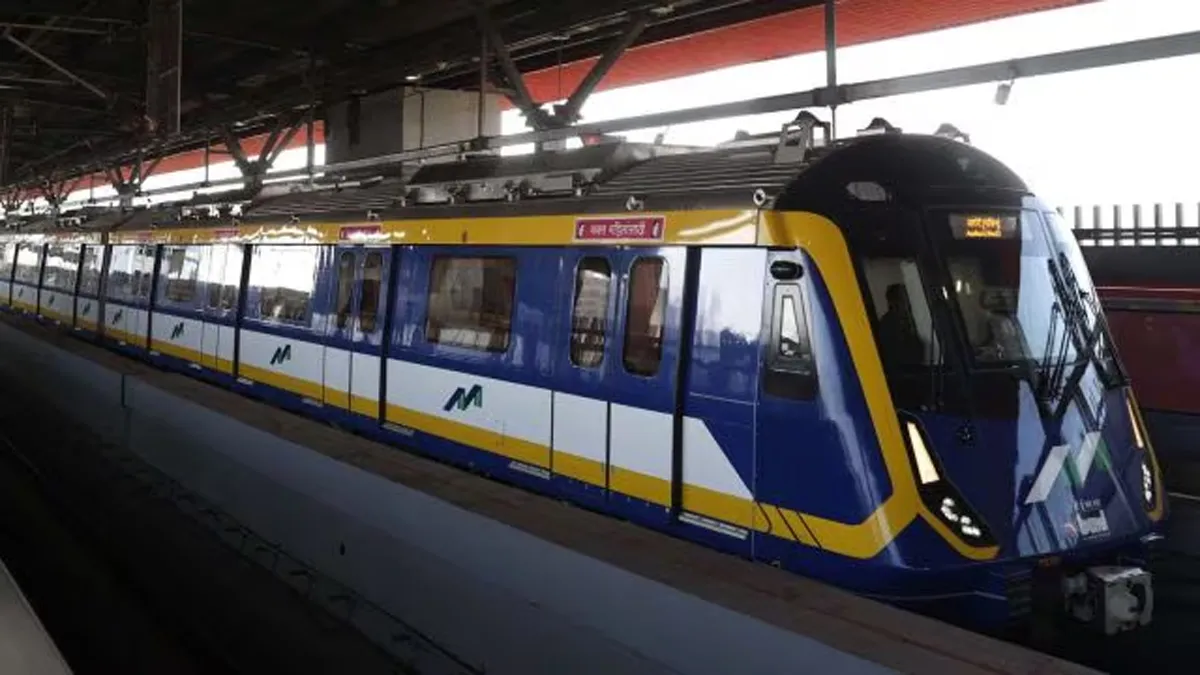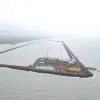Adani Group's mega copper plant: A game-changer in energy transition

India Achieves TEC Certification for Indigenous Telecom System
India’s semiconductor ambitions received a major boost as a telecom system built with indigenously manufactured chips secured Telecommunication Engineering Center (TEC) certification.Union IT Minister Ashwini Vaishnaw announced the achievement on X, calling it a “big leap for India’s semiconductor story.” For the first time, a telecom system powered by Indian-made chips has successfully cleared all standards and quality tests.TEC certification, issued by the Department of Telecommunications, confirms that the product meets stringent benchmarks for performance and quality. This mileston..

Mumbai Metro Line 4 Trial Runs Set to Begin This Month
Trial runs on Mumbai Metro Line 4 are expected to commence this month, with passenger services on its initial phase likely to start by the end of 2025. The Green Line will operate between Kasarvadavali and Wadala, covering 32.3 km with 32 stations, providing much-needed relief to commuters in eastern and central Mumbai and Thane.Mumbai Metropolitan Region Development Authority (MMRDA) officials stated that work is advancing rapidly on a 10.5-km section between Gaimukh and Cadbury Junction, which includes 10 stations. This stretch will open first, followed by the remainder of the line.Approxima..

Mumbai Metro Line 11 Approved, Extending Corridor to Gateway
The Maharashtra Cabinet has approved the Mumbai Metro Line 11 project, extending Line 4 along the Wadala–Thane–Kasarvadavli route to the Gateway of India. The 17.5 km corridor, comprising 13 km underground and 4.3 km elevated sections, is estimated to cost Rs 23,488 crore and will feature 14 stations. The Mumbai Metropolitan Region Development Authority (MMRDA) will implement the project, with central government support provided through equity and interest-free subordinate debt, while the state government will manage the loan component.The original alignment from Wadala to CSMT, which trav..














